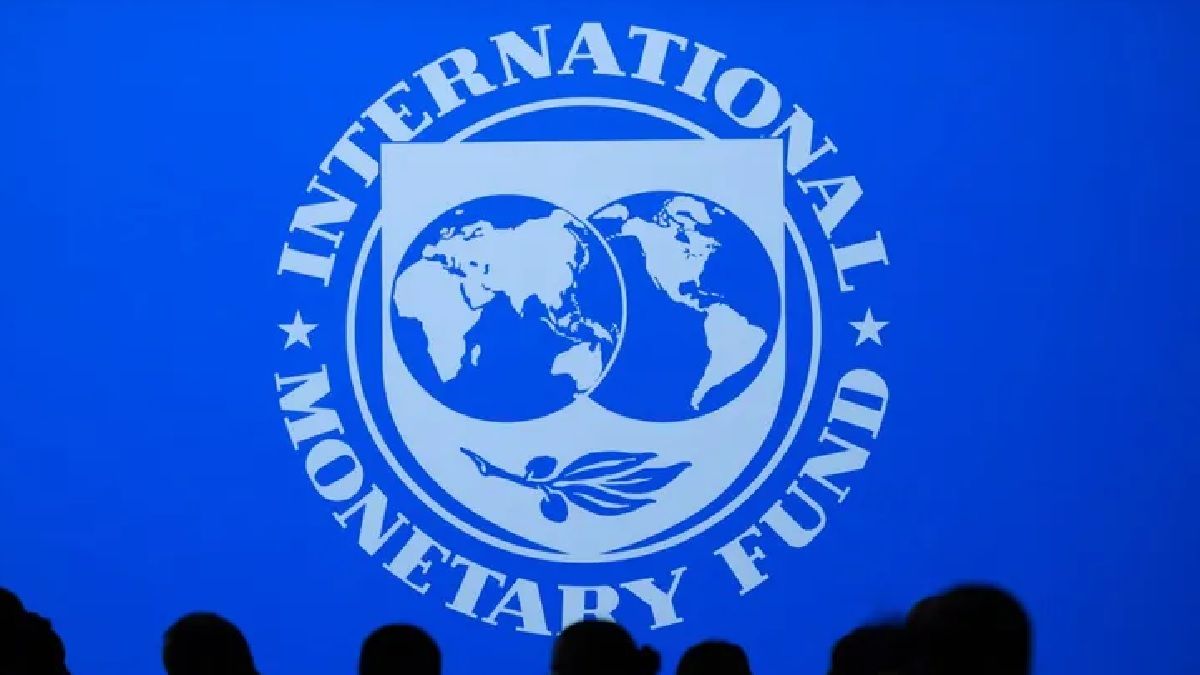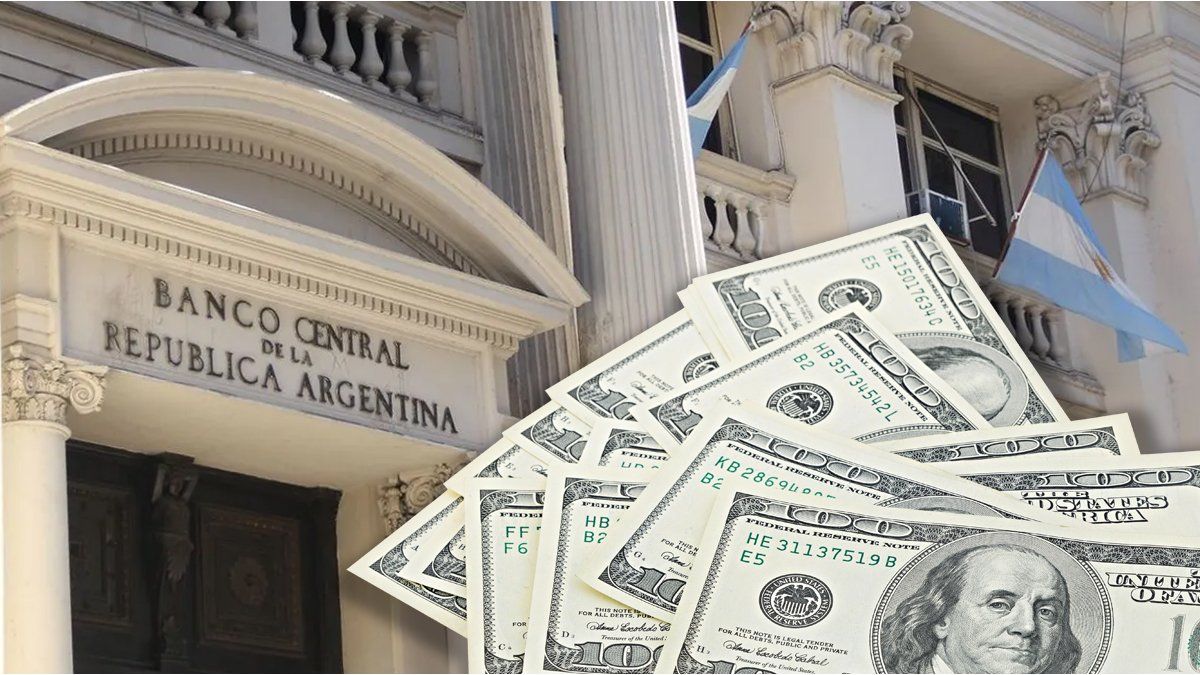The economic team showed these days before the International Monetary Fund concrete numbers on the evolution of a key variable that, at least on paper, should excite the agency’s technicians who control the numbers and percentages of Argentina.
The content you want to access is exclusive to subscribers.
According to the information shown to the observers who appear daily on the screens of the Ministry of Economy connected to Washington, public spending has risen so far this year by slightly more than 80%, a percentage level some 20 points lower than the inflation, which would imply an annualized real reduction of more than 10% total against 2022.


And, according to this fiscal criterion, if this evolution were crossed against a year of normal collection without taking into account the losses generated by the drought (some US$20,000 million according to Economy), the final fiscal adjustment for this year could even have be less than 1.9% of the GDP originally committed in the Extended Facilities signed in March 2022. This data, in the eyes of the Palacio de Hacienda, would demonstrate that in reality there is a will from Buenos Aires to meet the goals and even exceed them, but that it was the climatic factor that prevented compliance with the agreement.
On the other hand, the IMF technicians remain in the observation stage, but with a somewhat more compassionate look at the exchange rate policy of the economic team. In recent days the devaluation of the official dollar has already exceeded 6%. The two crossed data imply that the country’s exchange and fiscal position improves, and that although the objectives of reducing the exchange rate gap and total reduction of the difference between income and inflation will not be met, the effects of the drought could be being somewhat smaller than expected. Thus, they affirm from Buenos Aires, the promise of the application of a crawling peg scheme to cut the claims of abrupt updates of the exchange rate could work.
All this while waiting for Wednesday, June 14, when inflation for May 2023 must be reported, which could be the highest monthly data in 21 years and inaugurate a new period of exchange pressure. The intention of the economic team, under the watchful eye of the IMF technicians, is that before that day the devaluation mechanism of the official exchange rate has cut the gap as much as possible, bringing the values of the financiers as close as possible to the BNA ; and that slight devaluations and not sudden changes in the exchange rate be discussed.
The Argentine officials and the negotiators of the organization managed by Kristalina Georgieva discuss the way to solve the dialectic of the exchange policy, the only chapter that remains to be closed to finish agreeing on the clauses of the new Extended Facilities.
As is well known, in Washington it is considered that the starting level of the currency (about $220 at the beginning of April) was an unsustainable price to discuss new rules within the Extended Facilities and that, if the economic team wanted to talk seriously about the conditionalities possible to discuss an advancement of items or shifting of maturities, from Buenos Aires a strategic and coherent policy on the revaluation of the dollar against the official price should be proposed.
Source: Ambito




